
Find A Professional
More Items From Ergsy search
-

Is it possible for alcohol alone to cause similar symptoms?
Relevance: 100%
-

How quickly do symptoms appear after a drink has been spiked?
Relevance: 58%
-
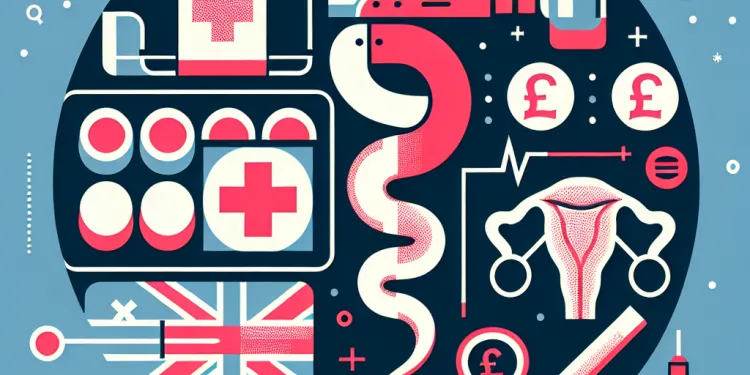
Can gonorrhoea be asymptomatic?
Relevance: 54%
-
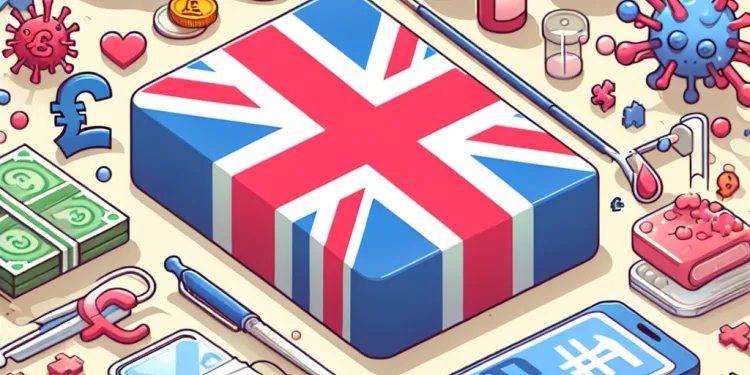
How soon do symptoms appear after infection?
Relevance: 53%
-

What is safe alcohol consumption in Adults?
Relevance: 53%
-

Alcohol Awarerness Week
Relevance: 52%
-
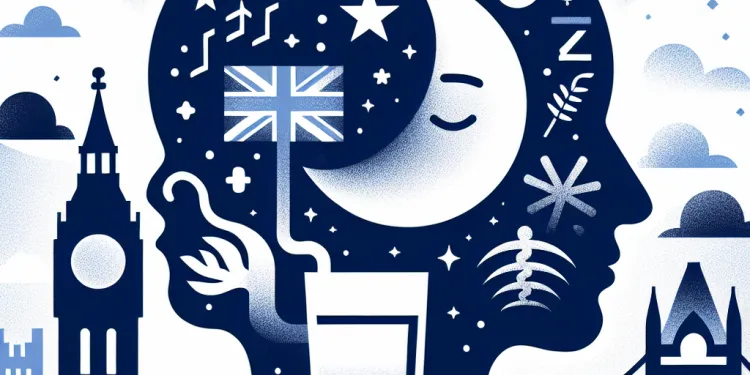
Can alcohol worsen sleep apnea?
Relevance: 51%
-

Alcohol-Related Deaths in Scotland
Relevance: 50%
-

What are the symptoms of a nut allergy?
Relevance: 49%
-
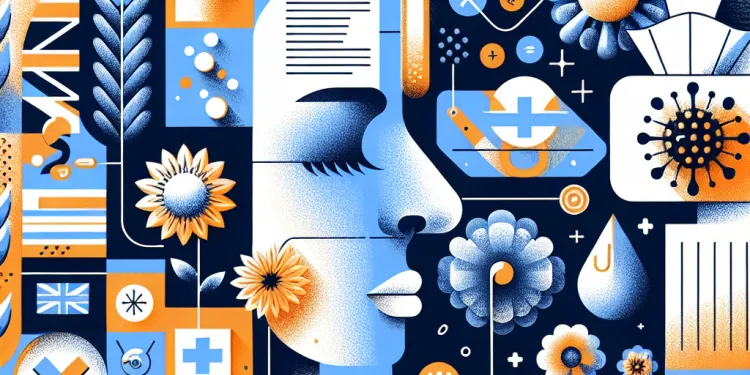
Can hay fever symptoms mimic other conditions?
Relevance: 47%
-

How quickly do symptoms of methanol poisoning appear?
Relevance: 46%
-

What are the symptoms of Zika virus?
Relevance: 46%
-
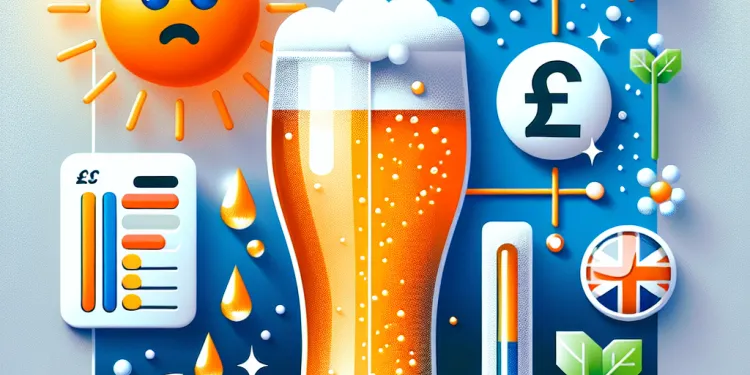
Should I avoid alcohol during a heatwave?
Relevance: 46%
-
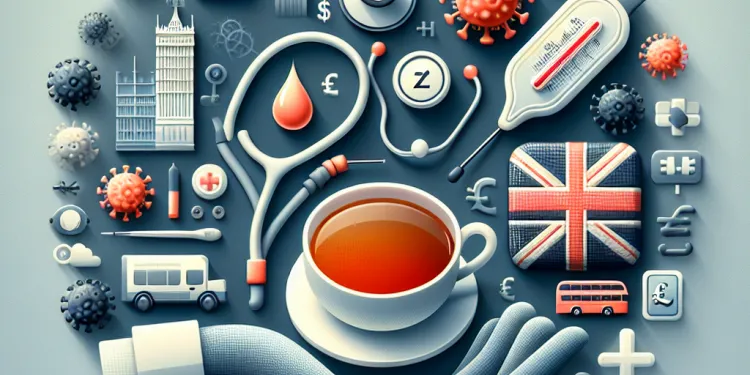
What are the symptoms of West Nile Virus?
Relevance: 45%
-
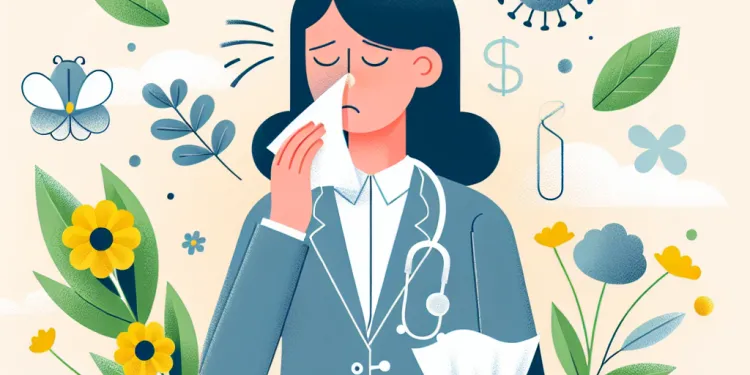
What are the common symptoms of hay fever?
Relevance: 45%
-

What are the symptoms of Marburg virus disease?
Relevance: 44%
-

Why is methanol sometimes found in illegally produced alcohol?
Relevance: 43%
-

Ovarian cancer - signs and symptoms to look out for
Relevance: 42%
-
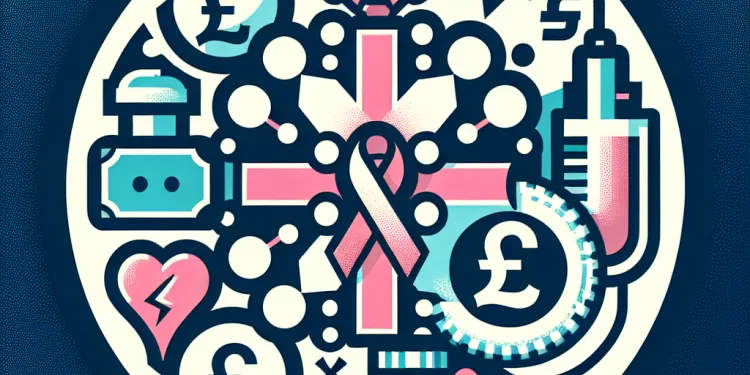
Are there symptoms of an HPV infection?
Relevance: 42%
-
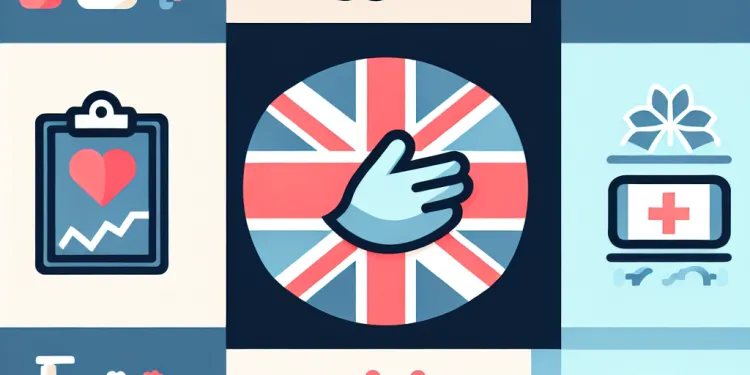
What are the symptoms of long covid?
Relevance: 42%
-
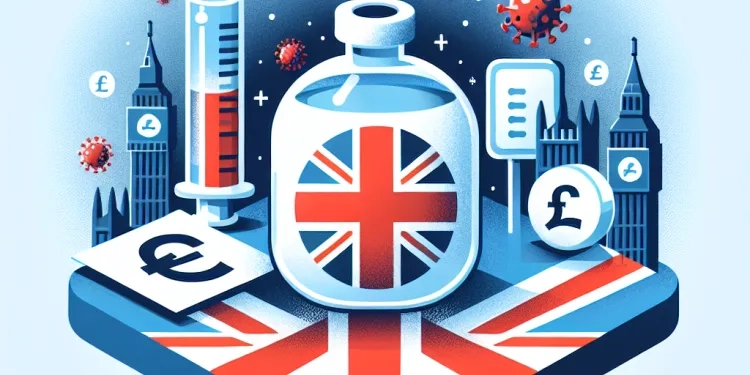
What are the symptoms of Nipah Virus infection?
Relevance: 42%
-
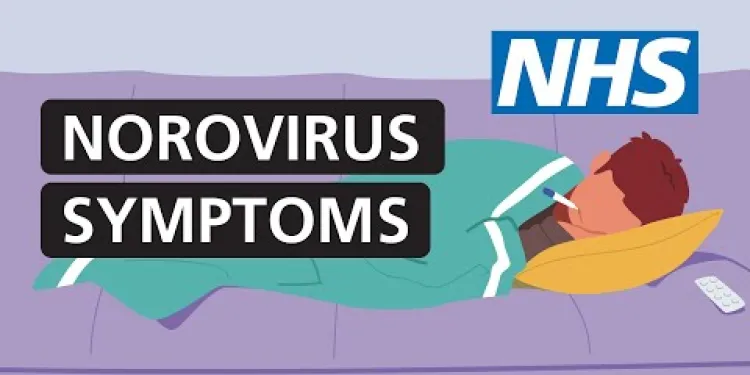
What is norovirus? (Diarrhoea and vomiting bug) | NHS
Relevance: 41%
-
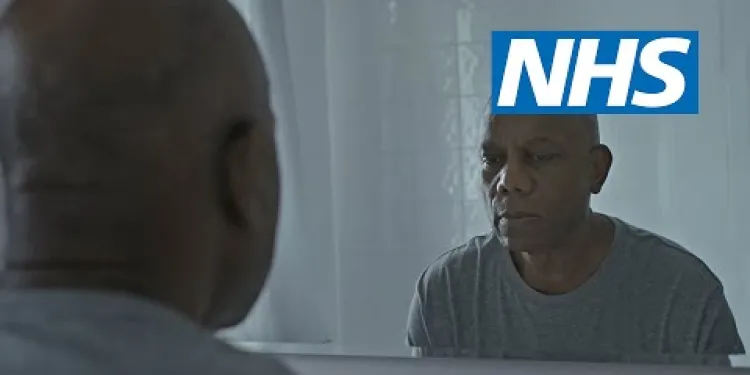
Worried about signs that could be cancer? Contact your GP practice | NHS
Relevance: 41%
-

Get cancer symptoms checked by your GP | NHS
Relevance: 41%
-

Get cancer symptoms checked by your GP | NHS - BSL version
Relevance: 41%
-

What are the common symptoms of lupus in children?
Relevance: 41%
-
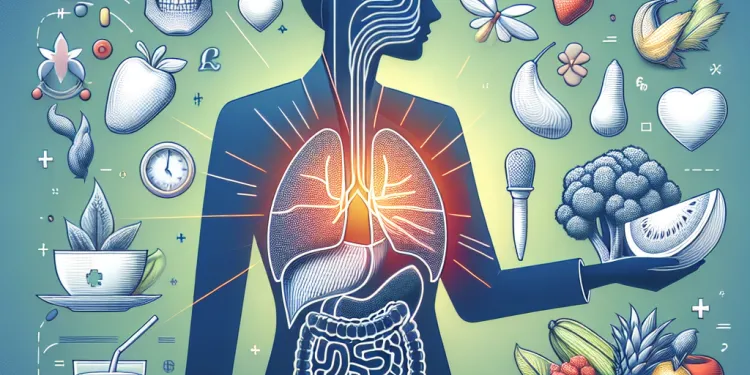
Can diet influence hay fever symptoms?
Relevance: 40%
-

What are the symptoms of methanol poisoning?
Relevance: 40%
-
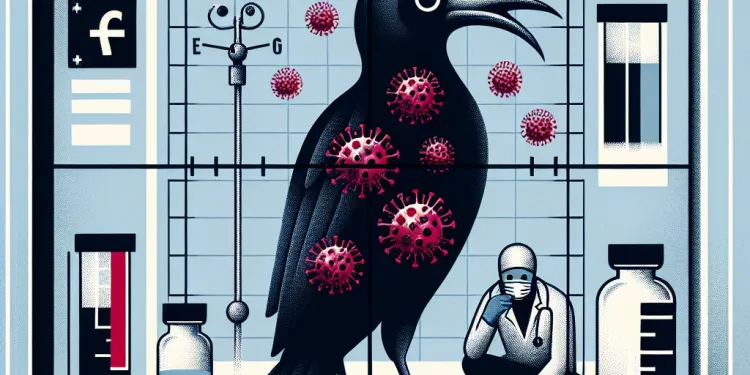
What are the symptoms of the bubonic plague?
Relevance: 40%
-

Can physical symptoms be linked to relationship-induced depression?
Relevance: 39%
-
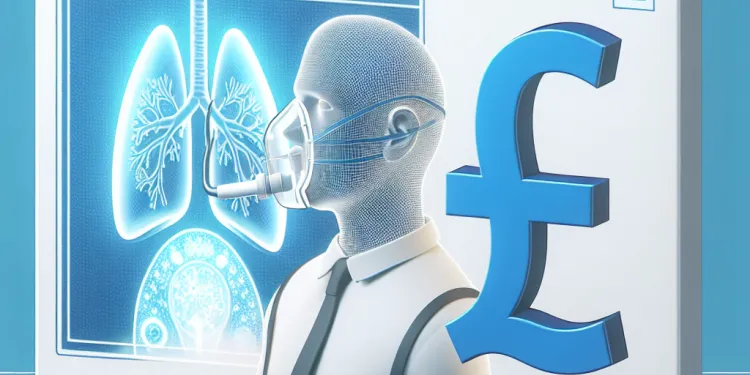
What are the common symptoms of asthma?
Relevance: 38%
-
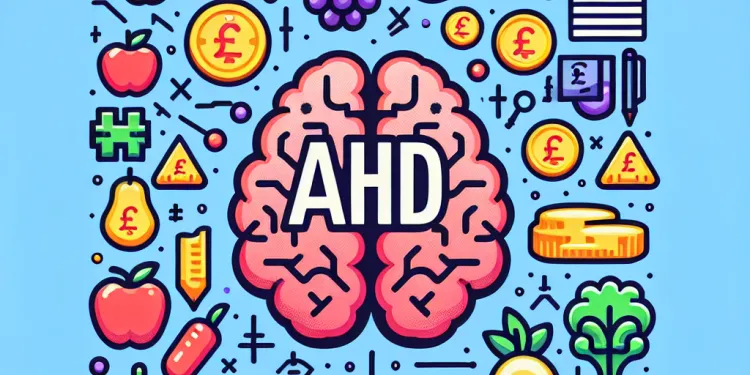
Can diet affect ADHD symptoms?
Relevance: 37%
-
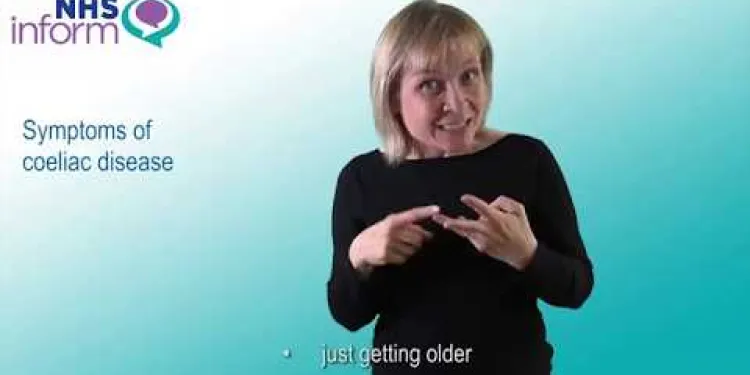
Symptoms of coeliac disease
Relevance: 36%
-

Heart Attack Symptoms - Peter Dale (Tubes) | NHS - BSL version
Relevance: 36%
-

FASD Foetal alcohol
Relevance: 35%
-

5 Facts about Alcohol and Britain
Relevance: 35%
-
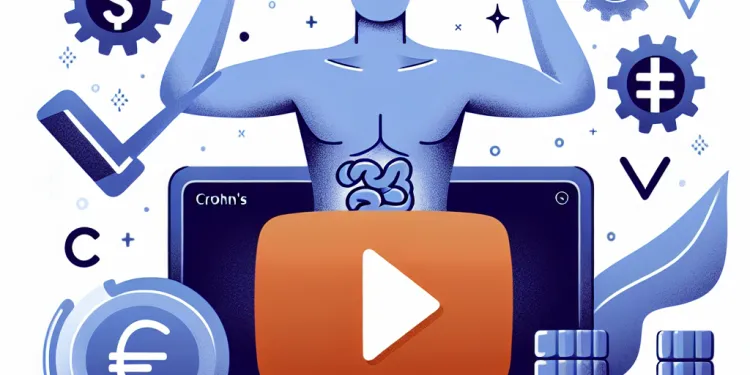
What are the common symptoms of Crohn's disease?
Relevance: 35%
-
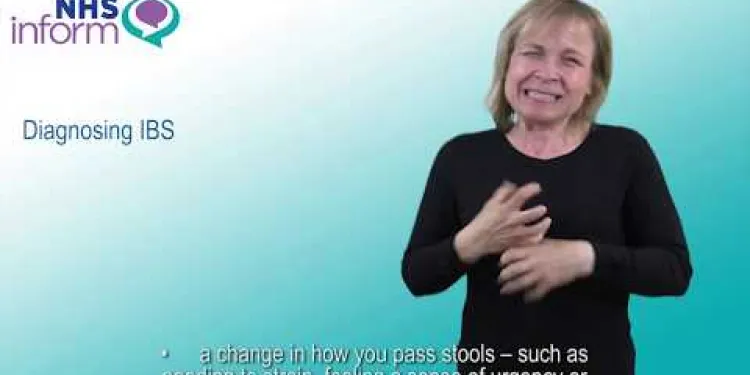
Diagnosing irritable bowel syndrome (IBS)
Relevance: 34%
-

Heart Attack Symptoms - Peter Dale (Tubes) | NHS
Relevance: 34%
-
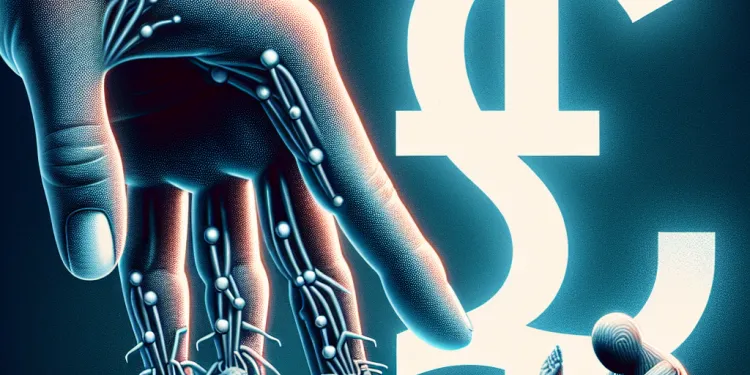
What are the common symptoms of Carpal Tunnel Syndrome?
Relevance: 34%
Understanding Alcohol Consumption and Symptomatology
In the UK, alcohol is a common part of social gatherings, celebrations, and daily life. While moderate consumption is generally considered safe for most adults, it's important to understand that alcohol alone can indeed cause a range of symptoms, some similar to other medical conditions. Recognizing these symptoms can help individuals make informed decisions about their drinking habits and seek help if necessary.
Common Symptoms Caused by Alcohol
Alcohol consumption predominantly affects the central nervous system, leading to a variety of symptoms. One of the most immediate effects is intoxication, characterized by impaired judgment, lack of coordination, slurred speech, and slowed reaction times. These are immediate symptoms that many associate with overconsumption of alcohol.
However, even moderate use can lead to headaches, dehydration, and hangovers, which include symptoms like nausea, sensitivity to light and sound, and fatigue. Regular drinking over time can also cause more persistent issues such as insomnia, anxiety, and depression, as alcohol can significantly affect neurotransmitter balance in the brain.
Alcohol-Induced Physical Symptoms
Alcohol can also lead to numerous physical health symptoms. For example, it irritates the stomach lining, which can cause gastritis, leading to stomach pain, nausea, and vomiting. It can further disrupt the digestive system, leading to symptoms like diarrhea and indigestion. In addition to immediate digestive issues, chronic alcohol use is linked to long-term liver damage, with symptoms such as jaundice, fatigue, and swelling of the abdomen or legs.
Furthermore, heavy drinking can disrupt the balance of electrolytes in the body, leading to muscle cramps or palpitations. Alcohol can also affect the heart, leading to arrhythmias, high blood pressure, and an increased risk of stroke.
Psychological and Cognitive Effects
Alcohol not only affects physical health but also mental well-being. It can exacerbate mental health disorders or mimic them, making it difficult to differentiate between symptoms caused by alcohol and those from other conditions. Depression, anxiety, and cognitive impairments such as memory loss or difficulty concentrating can all occur with excessive alcohol consumption.
These mental health effects are often overlooked, as they can be subtle and misattributed to other causes. Chronic use can lead to alcohol dependence or addiction, where individuals find it increasingly difficult to control their drinking, leading to severe personal and social consequences.
Conclusion
In conclusion, while moderate alcohol consumption might seem innocuous, it's clear that alcohol alone can cause a wide range of symptoms that affect both physical and mental health. Recognizing these symptoms early can encourage individuals to seek help, make healthier lifestyle choices, and prevent long-term health issues associated with excessive drinking. As always, moderation is key, and those struggling with alcohol-related symptoms should consider consulting health professionals.
Alcohol and Its Effects
In the UK, people often drink alcohol at parties and celebrations. For some adults, a little alcohol is usually okay. But alcohol can also cause some problems. It can make people feel sick in ways similar to other illnesses. Knowing these signs can help people decide if they need to drink less or ask for help.
How Alcohol Can Make You Feel
Drinking alcohol mostly affects the brain. This can make you feel drunk. When drunk, people can make bad decisions, feel clumsy, and talk funny. These things happen if you drink too much at once.
Even drinking a little can give you headaches, make you thirsty, or give you a hangover. Hangovers can make you feel sick, tired, and dislike bright lights or loud sounds. Drinking a lot over time can make it hard to sleep and cause feelings of worry or sadness.
Body Problems from Alcohol
Alcohol can hurt your body too. It can upset your stomach and make you feel sick or vomit. It can also cause diarrhea and make your stomach hurt. Drinking a lot can damage your liver, which is important for your health. A bad liver can make your skin yellow, and make you feel tired or swollen.
Too much alcohol can also cause your muscles to cramp and your heart to beat funny. It can raise your blood pressure and make it more likely to have a stroke.
Mind and Mood Problems
Alcohol doesn’t just affect the body; it affects the mind too. It can make you feel extra sad or worried. It can also make it hard to think clearly or remember things. Sometimes, it’s hard to tell if alcohol is causing these feelings or if something else is.
If someone drinks a lot over time, they might find it hard to stop. This can cause big problems with friends and family.
Final Thoughts
In the end, even a little alcohol can cause many problems for your body and mind. Knowing these signs can help you make good choices. If you notice these problems in yourself or others, it might be a good idea to cut back on drinking or talk to a doctor. Always remember, drinking less is better. If you need help, talk to a healthcare professional.
Frequently Asked Questions
Can alcohol consumption mimic other medical conditions?
Yes, alcohol consumption can mimic symptoms of other medical conditions, such as liver disease or diabetes.
What symptoms can alcohol consumption alone cause?
Alcohol consumption can cause symptoms like nausea, vomiting, headaches, fatigue, dizziness, and mood changes.
Can alcohol cause symptoms of dehydration?
Yes, alcohol is a diuretic and can cause dehydration, leading to symptoms such as thirst, dry mouth, and dizziness.
Can drinking alcohol lead to symptoms of anxiety?
Yes, alcohol can affect the central nervous system and lead to symptoms of anxiety or exacerbate existing anxiety disorders.
Is it possible for alcohol to cause symptoms of depression?
Yes, alcohol is a depressant and can contribute to symptoms of depression or worsen existing mental health issues.
Can alcohol cause symptoms of a panic attack?
Yes, alcohol can lead to increased heart rate and dizziness, which can resemble a panic attack.
Can alcohol alone cause symptoms of a heart condition?
Alcohol can lead to palpitations and increased heart rate, which may mimic symptoms of heart conditions.
Does alcohol consumption cause symptoms of a hangover?
Yes, symptoms of a hangover include headache, nausea, dizziness, and fatigue, all of which can result from alcohol consumption.
Can alcohol cause symptoms akin to withdrawal from other substances?
While alcohol itself can cause withdrawal symptoms when dependent, it can mimic the anxiety and restlessness of withdrawal from other substances.
Can alcohol lead to memory problems similar to other neurological conditions?
Yes, excessive alcohol consumption can cause memory lapses, similar to symptoms seen in neurological conditions.
Can alcohol consumption cause digestive system symptoms?
Yes, alcohol can irritate the stomach lining, causing symptoms like nausea, vomiting, and abdominal pain.
Can alcohol cause sleep disturbances?
Yes, alcohol can disrupt sleep patterns and lead to symptoms of insomnia or restless sleep.
Is it possible for alcohol to cause hallucinations?
Yes, in high doses or withdrawal scenarios, alcohol can cause hallucinations.
Can alcohol cause similar symptoms to a flu or cold?
Some symptoms, such as fatigue and headache, can overlap, but alcohol does not cause flu or cold.
Can alcohol cause weight loss that mimics other conditions?
Alcohol can affect appetite and metabolism, potentially leading to weight loss similar to other health conditions.
Can alcohol cause muscle weakness or lack of coordination?
Yes, alcohol affects the central nervous system, potentially leading to coordination problems and muscle weakness.
Is it possible for alcohol to cause skin reactions?
Yes, some people may experience skin flushing, redness, or rashes after consuming alcohol.
Can alcohol exacerbate acid reflux symptoms?
Yes, alcohol can increase stomach acid production, worsening acid reflux symptoms.
Can alcohol lead to symptoms of hypoglycemia?
Alcohol can affect blood sugar levels, potentially leading to symptoms of hypoglycemia.
Can alcohol mimic symptoms of a stroke?
Severe intoxication can result in speech difficulties and lack of coordination, mimicking stroke symptoms.
Can drinking alcohol look like other health problems?
Yes, drinking alcohol can cause signs that look like other health problems, like liver sickness or diabetes.
What problems can drinking alcohol cause?
Drinking alcohol can make you feel sick. It might give you a headache, make you feel tired, dizzy, or even change the way you feel.
Does drinking alcohol make you thirsty?
Yes, drinking alcohol can make you go to the toilet more. This can make your body lose water. When this happens, you might feel thirsty, get a dry mouth, and feel dizzy.
Can drinking alcohol make you feel worried or scared?
Yes, drinking alcohol can change how your brain and nerves work. It can make you feel worried or make an anxiety problem worse.
Can drinking alcohol make you feel sad?
Yes, drinking alcohol can make you feel sad. It can also make problems with your feelings worse.
Can drinking alcohol make you feel panicky?
Yes, drinking alcohol can make your heart beat faster and make you feel dizzy. This can feel like a panic attack.
Can drinking alcohol cause heart problems?
Can you get heart problems from drinking alcohol? Sometimes, heavy drinking can affect the heart. Try to stay healthy by drinking less or not at all.
If you're worried about your heart, talk to a doctor. They can help you understand what to do.
Using pictures or talking about your feelings can make it easier to talk about health.
Drinking alcohol can make your heart beat fast. This can feel like heart problems.
Does drinking alcohol give you a hangover?
Drinking alcohol can make you feel unwell the next day. This feeling is called a hangover.
Some symptoms of a hangover are:
- Headache
- Feeling sick
- Tiredness
- Feeling thirsty
If you need help reading, try using:
- A dictionary to understand words
- Text-to-speech tools to listen to the words
- Reading with a friend or family member
A hangover can make you feel bad. You might have a headache, feel sick to your stomach, feel dizzy, and feel very tired. This can happen after drinking alcohol.
Can drinking alcohol make you feel like you are stopping other drugs?
When someone stops drinking alcohol, they might feel sick or anxious. This is called withdrawal. Alcohol can make people feel the same way as when they stop using other drugs.
Can drinking alcohol cause memory problems like other brain illnesses?
Drinking too much alcohol can make you forget things. It can be like what happens in some brain problems.
Does drinking alcohol cause tummy problems?
Yes, alcohol can hurt your tummy. It might make you feel sick, throw up, or have a tummy ache.
Can drinking alcohol affect your sleep?
Drinking alcohol may make it hard to sleep well.
Here are some helpful things to try:
- Drink water instead of alcohol before bed.
- Have a bedtime routine to help you relax, like reading a book or listening to soft music.
- Make your bedroom cozy and quiet for sleep.
Yes, drinking alcohol can make it hard to sleep well. It can cause problems like not being able to sleep or not sleeping comfortably.
Can alcohol make you see things that are not there?
Yes, drinking a lot of alcohol or stopping suddenly can make you see or hear things that aren't real.
Can drinking alcohol make you feel like you have a cold or flu?
When you drink alcohol, you might feel tired or have a headache. These feelings are a bit like when you have a cold or the flu. But remember, alcohol does not make you sick with a cold or the flu.
To help you understand better, you can:
- Read the text out loud slowly.
- Use a finger or a ruler to follow along with the words.
- Ask someone to explain any parts that are hard to understand.
Can drinking alcohol make you lose weight like other illnesses do?
Drinking alcohol can change how hungry you feel and how your body uses energy. This might make you lose weight, just like with some illnesses.
Does drinking alcohol make your muscles weak or make it hard to move?
Yes, drinking alcohol can change how your body works. It can make it hard to move properly and can make your muscles feel weak.
Can alcohol make your skin react?
Yes, alcohol can make some people's skin red or give them a rash.
Can alcohol make acid reflux worse?
Yes, drinking alcohol can make your stomach produce more acid. This can make symptoms of acid reflux worse.
Can drinking alcohol cause low blood sugar?
Alcohol can change how much sugar is in your blood. This can make your blood sugar get too low.
Can drinking alcohol look like having a stroke?
Drinking too much alcohol can make it hard to talk and walk. It can look like a stroke.
Useful Links
- Ergsy carfully checks the information in the videos we provide here.
- Videos shown by Youtube after a video has completed, have NOT been reviewed by ERGSY.
- To view, click the arrow in centre of video.
- Most of the videos you find here will have subtitles and/or closed captions available.
- You may need to turn these on, and choose your preferred language.
- Go to the video you'd like to watch.
- If closed captions (CC) are available, settings will be visible on the bottom right of the video player.
- To turn on Captions, click settings .
- To turn off Captions, click settings again.
More Items From Ergsy search
-

Is it possible for alcohol alone to cause similar symptoms?
Relevance: 100%
-

How quickly do symptoms appear after a drink has been spiked?
Relevance: 58%
-

Can gonorrhoea be asymptomatic?
Relevance: 54%
-

How soon do symptoms appear after infection?
Relevance: 53%
-

What is safe alcohol consumption in Adults?
Relevance: 53%
-

Alcohol Awarerness Week
Relevance: 52%
-

Can alcohol worsen sleep apnea?
Relevance: 51%
-

Alcohol-Related Deaths in Scotland
Relevance: 50%
-

What are the symptoms of a nut allergy?
Relevance: 49%
-

Can hay fever symptoms mimic other conditions?
Relevance: 47%
-

How quickly do symptoms of methanol poisoning appear?
Relevance: 46%
-

What are the symptoms of Zika virus?
Relevance: 46%
-

Should I avoid alcohol during a heatwave?
Relevance: 46%
-

What are the symptoms of West Nile Virus?
Relevance: 45%
-

What are the common symptoms of hay fever?
Relevance: 45%
-

What are the symptoms of Marburg virus disease?
Relevance: 44%
-

Why is methanol sometimes found in illegally produced alcohol?
Relevance: 43%
-

Ovarian cancer - signs and symptoms to look out for
Relevance: 42%
-

Are there symptoms of an HPV infection?
Relevance: 42%
-

What are the symptoms of long covid?
Relevance: 42%
-

What are the symptoms of Nipah Virus infection?
Relevance: 42%
-

What is norovirus? (Diarrhoea and vomiting bug) | NHS
Relevance: 41%
-

Worried about signs that could be cancer? Contact your GP practice | NHS
Relevance: 41%
-

Get cancer symptoms checked by your GP | NHS
Relevance: 41%
-

Get cancer symptoms checked by your GP | NHS - BSL version
Relevance: 41%
-

What are the common symptoms of lupus in children?
Relevance: 41%
-

Can diet influence hay fever symptoms?
Relevance: 40%
-

What are the symptoms of methanol poisoning?
Relevance: 40%
-

What are the symptoms of the bubonic plague?
Relevance: 40%
-

Can physical symptoms be linked to relationship-induced depression?
Relevance: 39%
-

What are the common symptoms of asthma?
Relevance: 38%
-

Can diet affect ADHD symptoms?
Relevance: 37%
-

Symptoms of coeliac disease
Relevance: 36%
-

Heart Attack Symptoms - Peter Dale (Tubes) | NHS - BSL version
Relevance: 36%
-

FASD Foetal alcohol
Relevance: 35%
-

5 Facts about Alcohol and Britain
Relevance: 35%
-

What are the common symptoms of Crohn's disease?
Relevance: 35%
-

Diagnosing irritable bowel syndrome (IBS)
Relevance: 34%
-

Heart Attack Symptoms - Peter Dale (Tubes) | NHS
Relevance: 34%
-

What are the common symptoms of Carpal Tunnel Syndrome?
Relevance: 34%